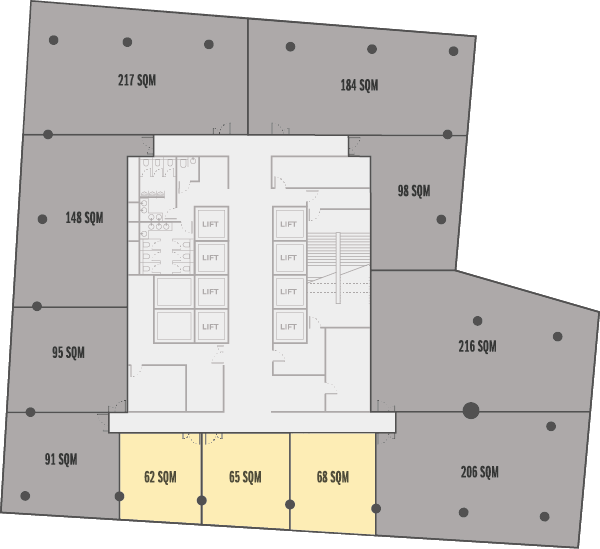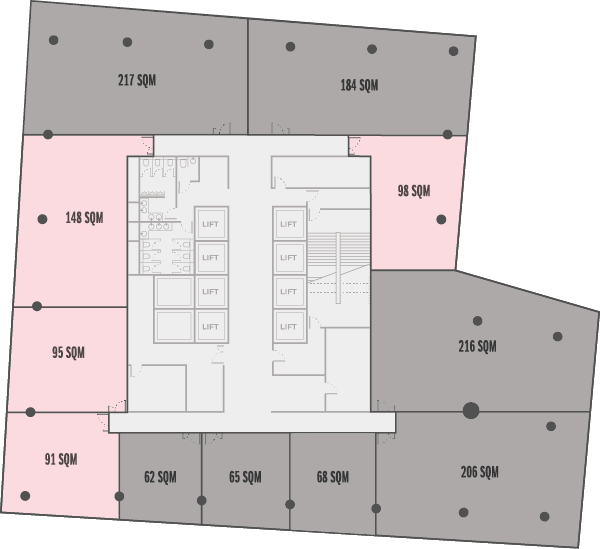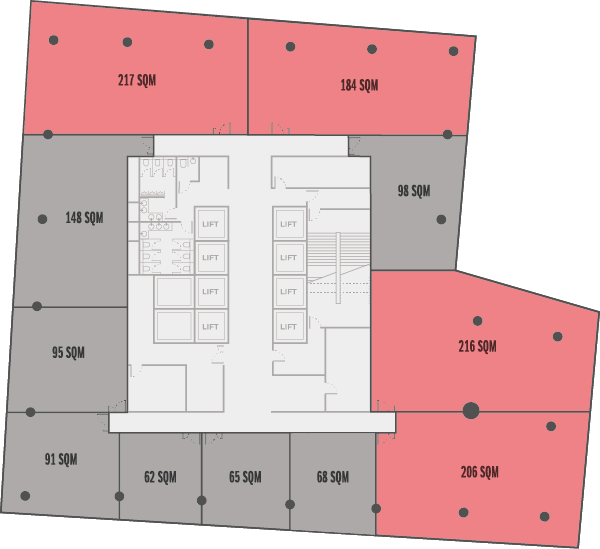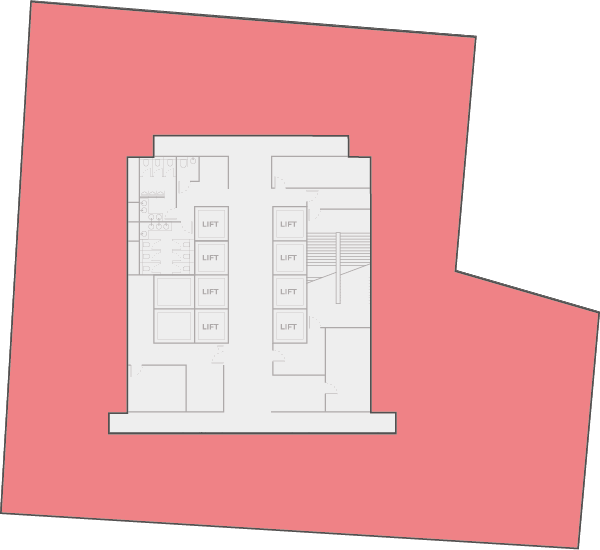A recent article by the Khmer Times sheds light on a quiet but powerful shift underway in Cambodia’s economy. Long defined by traditional industries and large-scale investment, the country is now recognizing the role of its informal sector, more accurately described as small-scale businesses, in shaping national progress.
Street vendors, home-based producers, independent service workers, and micro-entrepreneurs make up a significant share of the population’s economic activity. According to the Khmer Times, these businesses are not only supporting livelihoods but also building resilience and fueling Cambodia’s growing confidence in its development path.
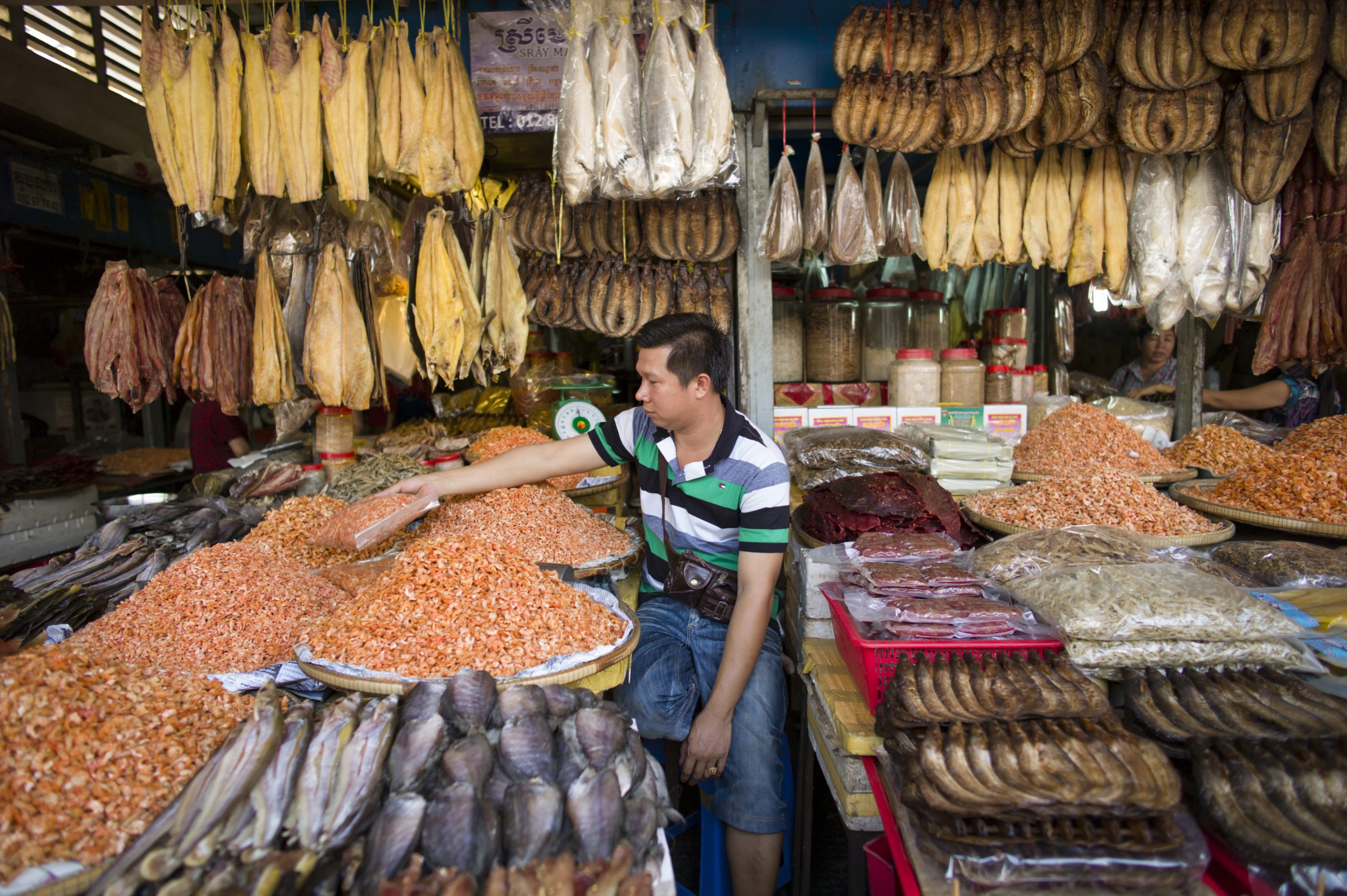
This growing acknowledgement of small-scale enterprises carries broader implications for Cambodia’s urban centers, particularly Phnom Penh. As the capital continues to expand, so too does its role as a hub for innovation, business formalization, and lifestyle transformation. Increasingly, small businesses are seeking formal platforms, retail spaces, office hubs, and digital infrastructure to grow their operations and engage broader audiences.
For investors, this shift signifies a significant strengthening of Cambodia’s economic foundation. It reflects not just consumer demand, but also entrepreneurial energy that is moving from informal to integrated.
Phnom Penh stands at the center of this momentum. Its rapid urbanization and expanding middle class make it a natural landing point for both domestic small business activity and international investment. Mixed-use developments are increasingly seen as part of the solution, offering the flexibility, visibility, and community engagement that small businesses need to thrive.
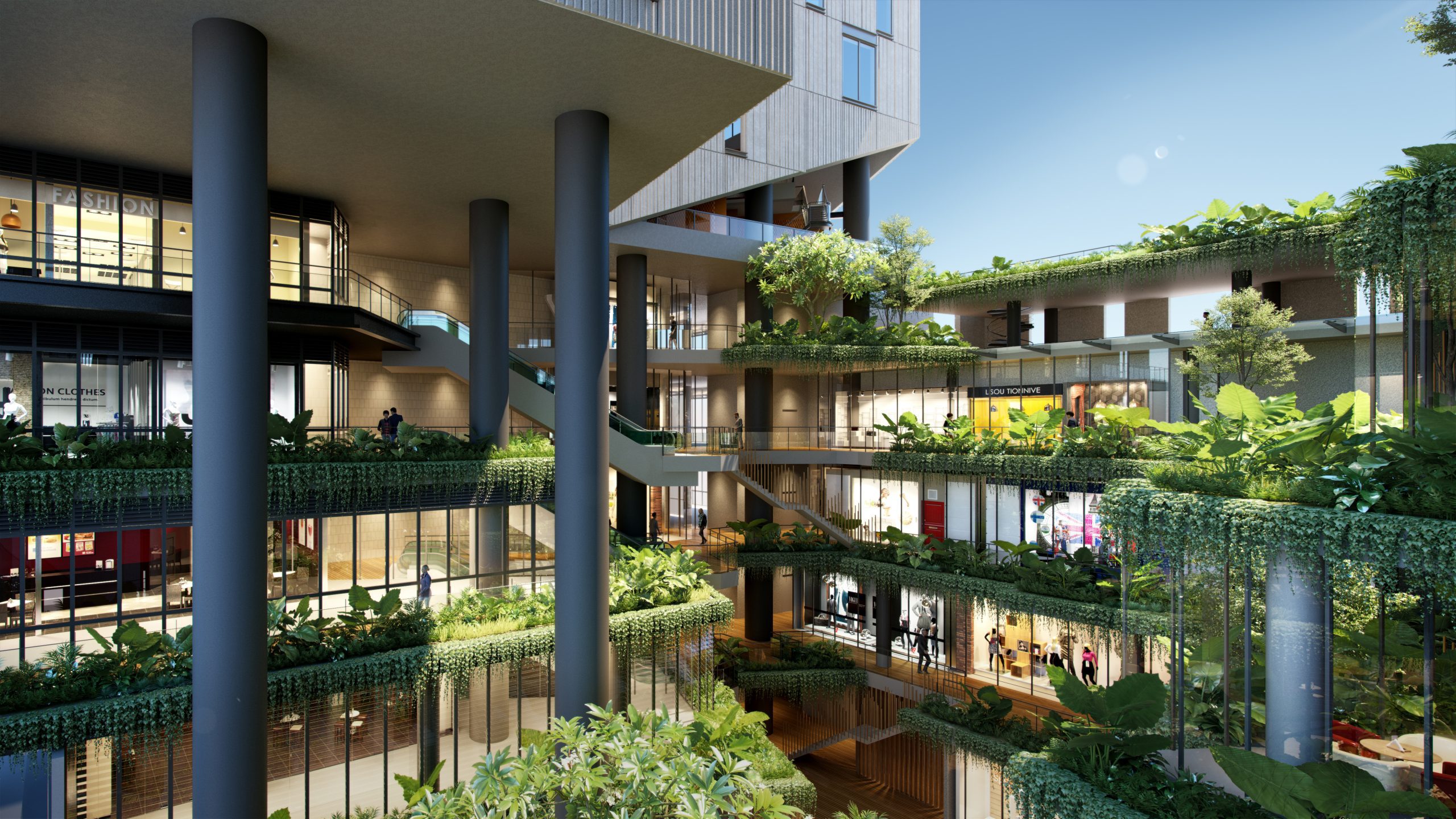
One such development is ODOM, a mixed-use project in central Phnom Penh. Designed as a modern vertical community, it represents the kind of environment where Cambodia’s new economic realities can take shape, where small-scale retailers, local food entrepreneurs, creative professionals, and established firms coexist in a city-scale ecosystem.
For investors watching Cambodia’s trajectory, this growing attention on small-scale businesses is not just a policy trend. It marks a broader economic maturity, where growth is not only top-down but also built from the ground up.
Key considerations include:
Expanding consumer segments: As more small businesses gain stability, purchasing power in Phnom Penh is becoming increasingly diversified.
Policy alignment: Government strategies are increasingly focused on supporting inclusive growth, positioning urban projects that foster integration and innovation in a favorable light.
Long-term resilience: Economic diversity, from grassroots businesses to global companies, creates stronger foundations for long-term investment.
As Cambodia grows more confident in its economic direction, Phnom Penh is becoming a key center for new business and investment. Developments like ODOM are part of this shift, offering space for small businesses and entrepreneurs to grow. It’s a sign of how the country’s economy is moving forward, step by step.


